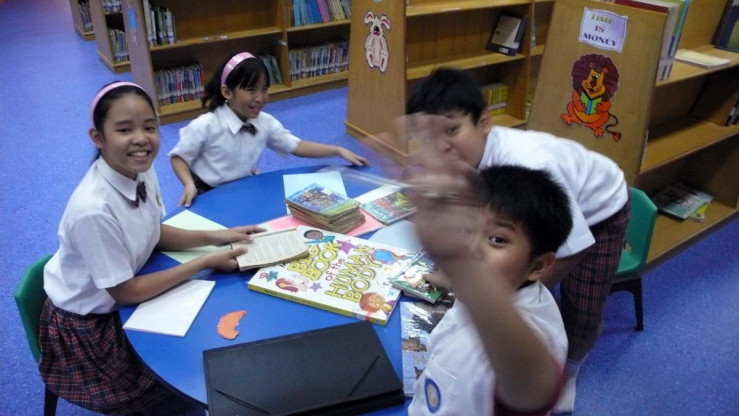Leaving early
On September 1, 2001, Mr. Point was wedged next to the window of a puddle jumper flying over the Cascade Mountains. Next to him in economy was an overweight happy couple anticipating their future first class flight to London out of Georgia. Ten days before people on, from and inside cells placed long distance calls from caves.
“We own a travel agency. We’re meeting friends,” said the wife, an alcoholic, “and then,” her husband chimed in, “we’re sailing down the Danube for a week, drinking good wine and enjoying the food. I’d like to go to Costa del Sol. I’ve heard the culture is wide open, if you know what I mean,” rubbing his secret jewels and winking to the stranger.
His spouse wore enough jewelry to feed Bangladesh. Their combined girth was conspicuous consumption. They exceeded their weight limit. The scales of justice were balanced in their favor as they spilled wealth.
“What do you do for a living?” her husband asked.
“My friends call me Mr. Point. I work for The Department of Wandering Ghosts Ink. 24/7,” he said with a straight face. He was a survivor, Vietnam 1969.
“Busy, busy, busy,” he laughed. “Yes, I am a mercenary of love, an unemployed fortune teller if you must really know. You might remember me from the Academy of Pain and Anger Management if you have a need to know. If your top-secret security clearances are valid. The more you know the less you need.
“I’m heading to Morocco to meet my female nomad lover and extraneous fascinating strangers. Here’s a dirty little secret. One of our classified missions is the Extraordinary Rendition Program, allowing intelligence agencies to transfer suspected terrorists to various friendly foreign countries for interrogation and torture. We use Gulf Jet Stream jets based in South Carolina operating under fake companies.”
The shadow of Little Wing, a weaver, passed them.
“If they don’t talk to us our friends start by removing their fingernails. If that method doesn’t get ‘em talking they boil them alive. We chain them to walls and play ear splitting rap or country music twenty-four hours a day to drive them crazy. Stale bread and rancid water. A grisly business, but hey, it’s a paycheck.
“We also set up off shore accounts for clandestine agencies, or fronts if you will. We collect raw opium in Afghanistan, process it in Asian labs so street addicts get their fix. Along the way we collect Chinese harvested internal organs and upright pianos to sell in Hong Kong. The market is diversifying. Pick em’ up and lay em’ down. No women or kids. We have to draw the line somewhere, eh? Business profit has never been better. Ain’t nothin but the blues baby.”
They cut him off after this truth.
His one-way air ticket to Morocco and Spain promised another road, village, town, city, country and continent offered simple psychic potentials. The KISS, Keep It Simple Stupid, principle. Just leaving was a wise decision as it turned out. Speaking of history.
“Beyond, beyond the great beyond,” he’d whispered to someone, somewhere on the spinning rock when they asked him where was he was going and why he did what he did with the who, when, and howdy doody yankee doodle dandy stick a feather in your cap crap paradigms.







 Share Article
Share Article 



